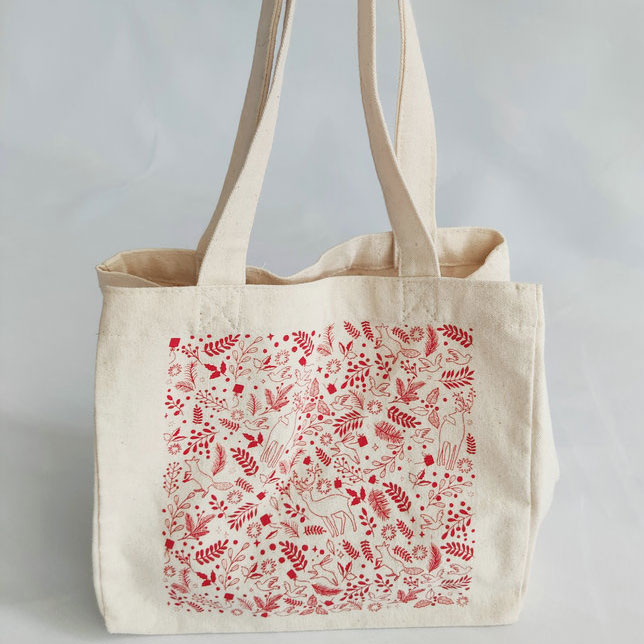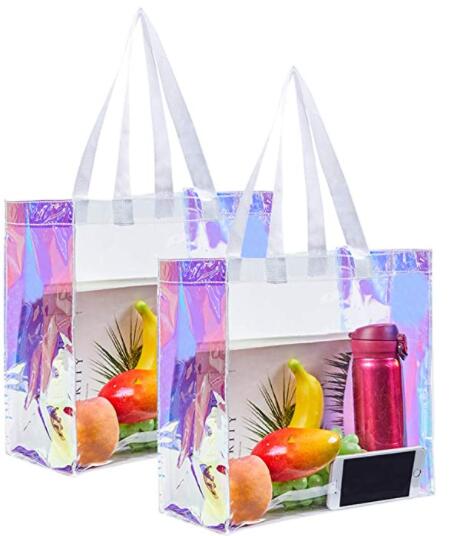Two mask companies are shutting down as a once sought-after item becomes an afterthought.
Two face mask providers say they are closing, as the slow and steady decline of what was once a much-sought-after item continues. FFP2

Project N95, a nonprofit that helped people buy protective equipment during the coronavirus pandemic, said Monday it would stop selling masks on Dec. 18 and wind down its operations. It said that revenues from mask sales and donations were no longer enough to support its operations. “Over time, we’ve seen reduced demand for masks,” said Anne Miller, the executive director. “It appears that people prefer to risk getting sick rather than taking precautions.”
Mask-C also said it would close at the end of the year. The company’s fashionable products were once a hot commodity, worn by celebrities like Rihanna, Bella Hadid and Jennifer Lopez. “Regrettably, due to circumstances beyond our control, we have made the difficult decision to close our doors,” it said in announcing the closure.
With the onset of the pandemic in early 2020, demand soared for protective masks. Now almost four years later, masks have become an afterthought to most people, even as doctors say they can still have some value.
Both Project N95 and Mask-C were purveyors of the top-of-the-line N95 and KN95 masks, which filter out 95 percent of the riskiest particles. Common surgical masks, in contrast, trap about 70 percent of particles in the lab, but are less effective in the real world because of gaps. The demand for N95s was so great at one point in the pandemic that counterfeits flooded the market.
The sudden demand for masks led to shortages, and in mid-March 2020, even health care workers were desperately short of protective equipment. Improvement was slow; at the end of that year, many hospitals were rationing gear. And getting the best masks was even harder for civilians, in part because China, which had controlled 90 percent of the American market, barred exports of its masks.
Mask use varied by region of the United States — high in the Northeast and the West, lower in the Plains and parts of the South. There was also a political divide, with many on the right abandoning mask use far earlier than many on the left. “I could never have imagined that masks would be the third rail of American politics,” Ms. Miller said.
But in the beginning, demand was high almost everywhere, and it was much, much higher than it had been in 2019, when the word “pandemic” was not in everyone’s vocabulary.
Underground markets emerged, and several dozen American companies jumped into the business, looking to help and maybe make a profit.
The first setback for many of them came in 2021 when less expensive masks from China began pouring back into the market. “All the hospitals and government agencies and retailers that had been begging for American products suddenly said, ‘We’re good,’” said Paul Hickey, a co-founder of a mask manufacturer, PuraVita Medical.
By 2022, the domestic manufacturers had another problem: decreasing demand. More and more Americans had mask fatigue after two years of wearing them in public, and airlines, stadiums, theaters and other venues stopped requiring them.
Even in blue New York State, Gov. Kathy Hochul dropped indoor mask mandates in February of that year, then dropped a public transportation mandate, which was not being consistently observed anyway.
The looser rules nationwide encouraged more people to go without masks, and left holdouts feeling awkward about being the last one still masked up. “I feel now that I’m getting stares wearing the mask, and I’m not a paranoid person,” Andrew Gold, a Manhattan resident, said a year ago.
Soon, rather than encouraging mask use, even New York City was actively discouraging it in at least one circumstance. Mayor Eric Adams told shopkeepers in March to bar customers who declined to lower their masks when first entering a store. The mayor cited concerns about robberies and shoplifting by thieves using masks to remain incognito.
Project N95 also vetted the quality and authenticity of masks. Its website will continue to offer recommendations. Ms. Miller said an N95 was still the best option.
She also said that some groups had offered to help the project, and that it was “working to figure out if we see a way forward.”
Despite the decline in mask use, and the closing of manufacturers, doctors still see value in wearing masks in crowded indoor spaces, particularly for older people and those with health problems. “Masks work, period,” Dr. Yvonne Maldonado, a Stanford Medicine professor, told The New York Times in August.
But it’s going to be a lot harder to wear the same mask as Rihanna.

Kn95 Victor Mather covers sports as well as breaking news for The Times. More about Victor Mather